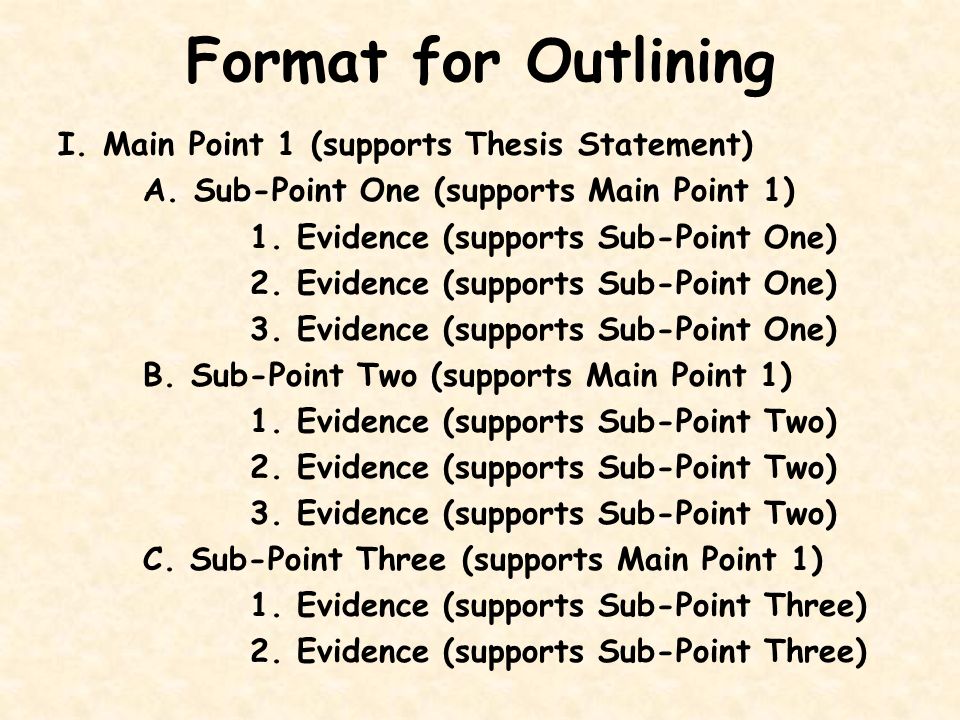-
×
 Habit Tracker Google Sheets - Cat Grow
1 × 4 $
Habit Tracker Google Sheets - Cat Grow
1 × 4 $ -
×
 Task Tracker Google Sheets _Simple
1 × 2 $
Task Tracker Google Sheets _Simple
1 × 2 $
Explore & Expand
10 Ways to Improve Effective Writing
Effective writing is an important skill that enables us to express ideas clearly, exchange information efficiently, and communicate persuasively. However, not everyone can write effectively. To improve writing skills, we need to pay attention to the following issues:
1. Determine the purpose and target audience of your writing.
Who are you writing for and why are you writing? This will dictate the style, language, presentation and content of your writing. If writing for superiors at the company, you will need to use formal and clear language. But if writing for friends, you can be more flexible and intimate.

2. Come up with ideas and outline in detail before writing.
This helps you clearly define what content needs to be written, avoiding digression or lack of main topic. List all ideas related to the topic then filter and logically arrange them.
3. Use sentences effectively.
A good paragraph needs a clear structure of topic sentence – elaboration – conclusion. Start the paragraph with a topic sentence, then explain in detail and end with a sentence summarizing the main idea. Use connectors like “although”, “however”, “moreover” to connect ideas and sentences.

4. Pay attention to word choice.
Use accurate words, avoid vague or overly ornate words. At the same time, you should use words suitable for the target audience to convey the message in the most understandable and persuasive way.

5. Diversify sentence structures.
Use different types of sentences such as narrative, interrogative, negative sentences to avoid monotonous sentences. In addition, you should intersperse short and long sentences so that the writing does not become bloated, making it easier for readers to read.

6. Effectively use imagery elements such as examples, comparisons, and metaphors.
They help illustrate ideas, share emotions, and make writing more vivid and engaging to readers. However, do not overuse them to the point of causing confusion, making it difficult for readers to grasp the main idea.
7. Pay attention to the logical structure and organization of the text.
A writing needs to have a clear introduction, body, and conclusion. Specifically, the introduction introduces the topic, the body elaborates and details the content, and the conclusion provides the final argument and closes the text.
8. Take time to edit and polish your writing.
Re-read the text to supplement, cut out redundant parts, correct spelling and grammar errors. You should ask someone else to read it to get more objective feedback.

9. Practice regularly.
Write regularly, for example keeping a daily diary. This helps you nurture and improve your writing skills. In addition, learning from great authors is also very useful.

10. Always try to be creative and original in writing.
Do not hesitate to experiment with new ideas, methods, styles. It is uniqueness and unconventionality that will make your writing more impressive and engaging to readers.

In summary, to improve and enhance writing effectiveness, we need to determine purpose, audience and content before writing; focus on structure, language and imagery in the text; take time to refine the writing; and always try to innovate and renew oneself. Hopefully with the above tips, your writing skills will be improved, helping you communicate more effectively in study, work and life.


